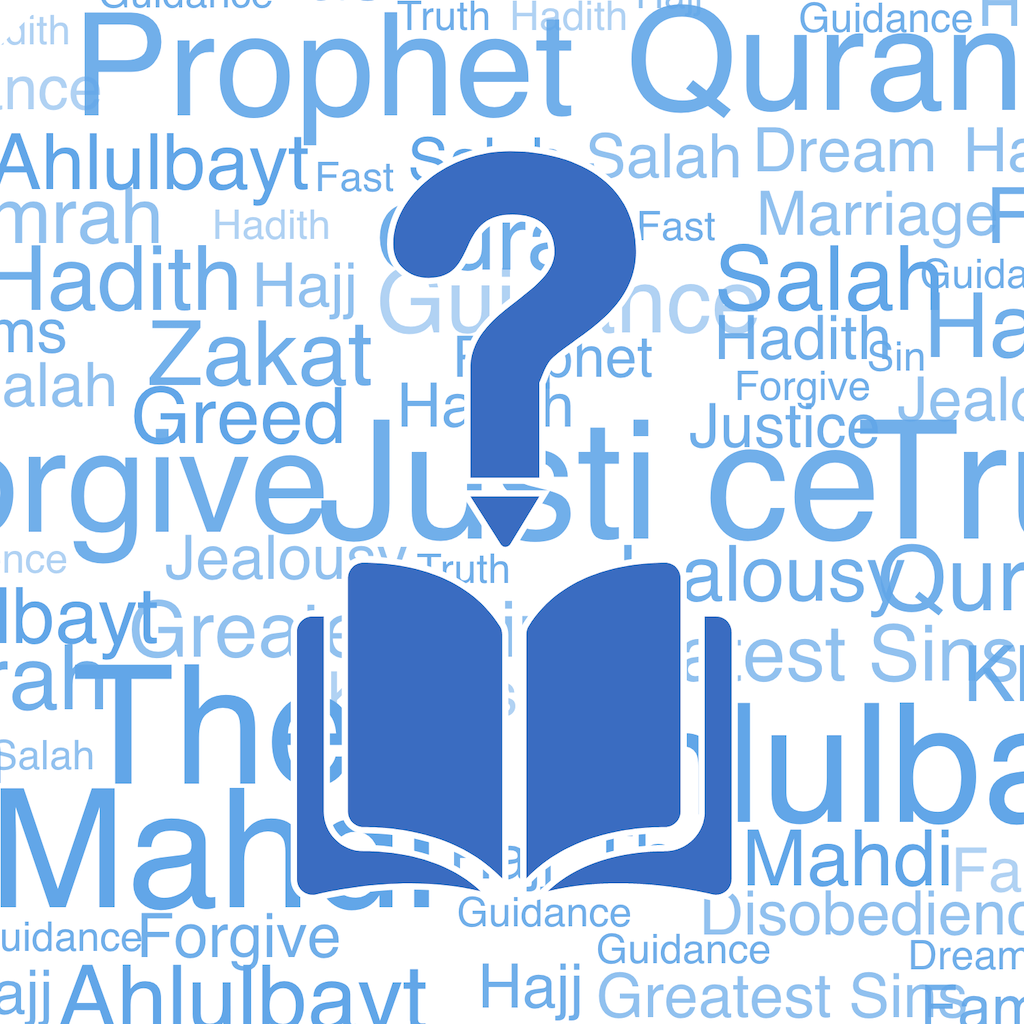aagha, what did Imams Mahsoom said abt standard of living? coz many peoples have lot of wealth but doesn’t use for the betterment of the family
Walaikumussalam brother
Above was from the Hadith of our imam Ali Naqi as
Yes if someone has the neamat the first are family then others
On the day of judgement Allah will ask if someone has not taking care of the family according to his status
But as I mentioned above he has to be moderate
Excessiveness is condemn by Ahlulbait as
Moderation is one of the most important moral issues. It is such that a person should choose the middle path and it can be said that moderation is one of Allah’s general laws which has been observed in the entire creative process, from the revolution of the earth to the human body to the smallest of creations. Moderation constitutes one of the most important directives in the training system of the religion of Islam. One of the aims of Islam is to make a person moderate. What exactly is moderation? The issue of moderation in Islamic training has been given special attention in all personal and social affairs. Islam wants to shape the Muslim personality such that the individual chooses the middle path and the ‘Ummah’ a moderate ‘Ummah’. Thus the Holy Qur’an says:
“And thus We have made you of medium (just) nation that you may be the bearers of witness ton the people…” (2:143)
And in another verse Loqman says to his son: “ And pursue the right course in your going about and lower your voice; surely the most hateful of voices is braying of the asses.” (31:19). Meaning that he should be moderate in his actions and behavior.
Imam Ali (AS) explaining the way of the Prophet (SAW), says: “His method and behavior was moderate.” And also in his description of the righteous ones, says: “the clothing of the righteous ones is moderation, (Nahjul Balagha, Sermon No. 193). By clothing he meant that their method was a moderate one.
A Muslim must be moderate even as relates to fear of Allah’s punishment and also hope in His mercy. Imam Ali (AS) says: “The best of actions is moderation in hope and in fear.”
According to the Qur’anic verses, traditions, way of the Prophet (SAW) and the Infallible Imams excessiveness and extremism is undesirable, and a true Muslim needs to observe the limits of moderation.
Imam Ali (AS) said: “Excessiveness in any form isn’t an acceptable practice; whether in the loving of one’s children, and family, or generally in relation to all affairs. It also applies to ignorance about Allah which results in extreme love of worldly things, and in the same way to a lack of attentiveness to children and family. Excessiveness at both ends of the scale may have destructive results.
If we see in the traditions that poverty is closer to disbelief, extreme wealth is also seen as a basis for insurgence. In Islam there exists so much emphasis on moderation that it is said that one should be moderate and follow the middle path in one’s behavior even to one’s enemies. The Holy Qur’an says:
“… and let not the hatred of a people incite you not to act equitably, act equitably, that is nearer to piety, and be careful of (your duty to) Allah, surely Allah is Aware of what you do.” (5:8)
In another Qur’anic verse, it says:
“… eat and drink and be not extravagant.” (7:31)
Another Verse also says:
“And don’t make your hand to be shackled to your neck nor stretch it forth to the utmost (limit) of its stretching forth, lest you should (afterwards) sit down blamed, stripped off.” (17:29)
In all personal and social behavior moderation must be observed, and this is obviously the logical way of behaving and any type of extremism will result only in destruction. All that is needed is to take a look at history and the evidence of communities and individuals who left that middle path and soon came to disastrous ends.
Wassalam

